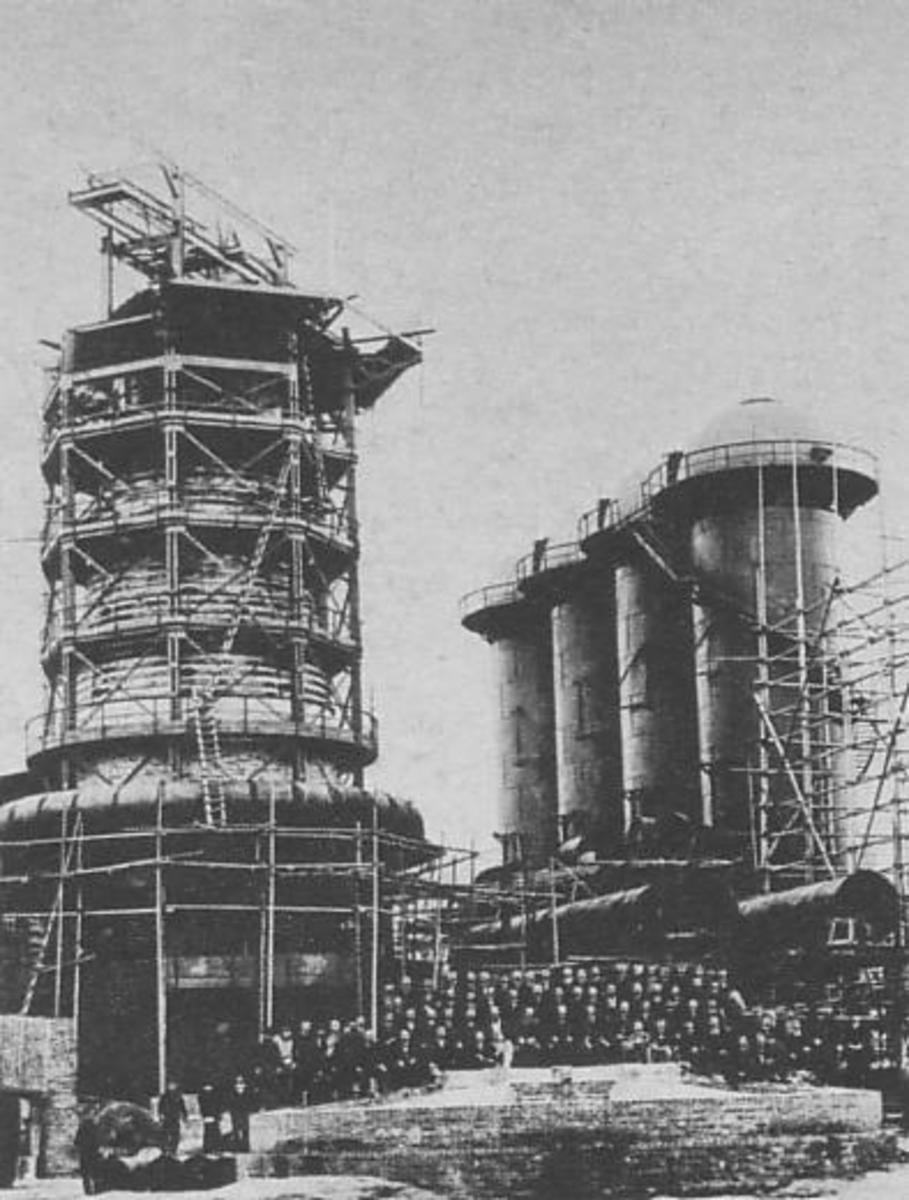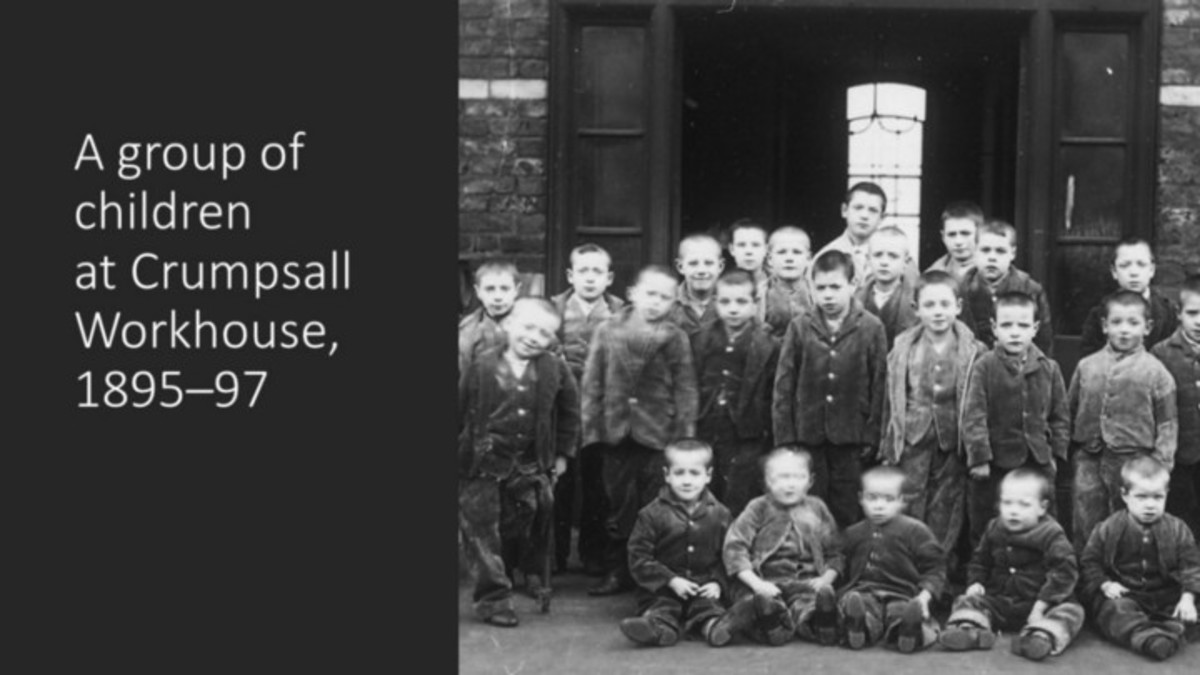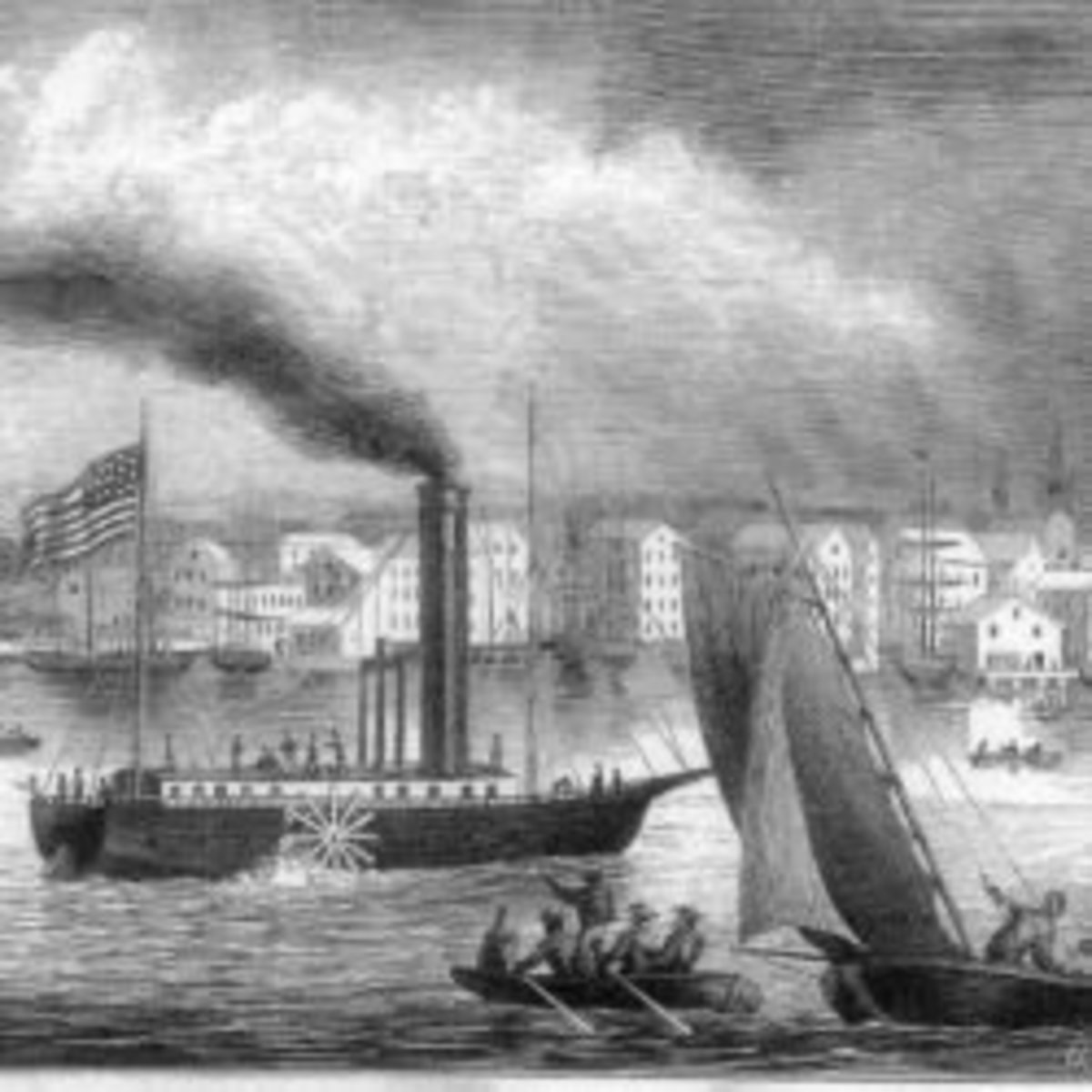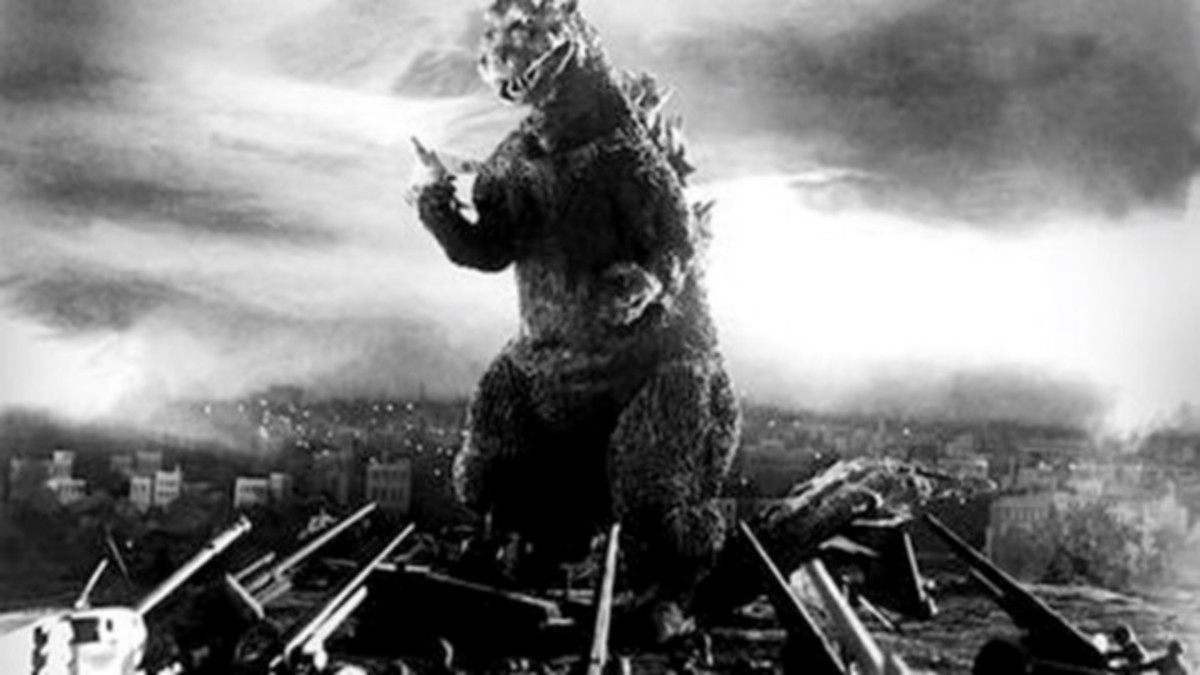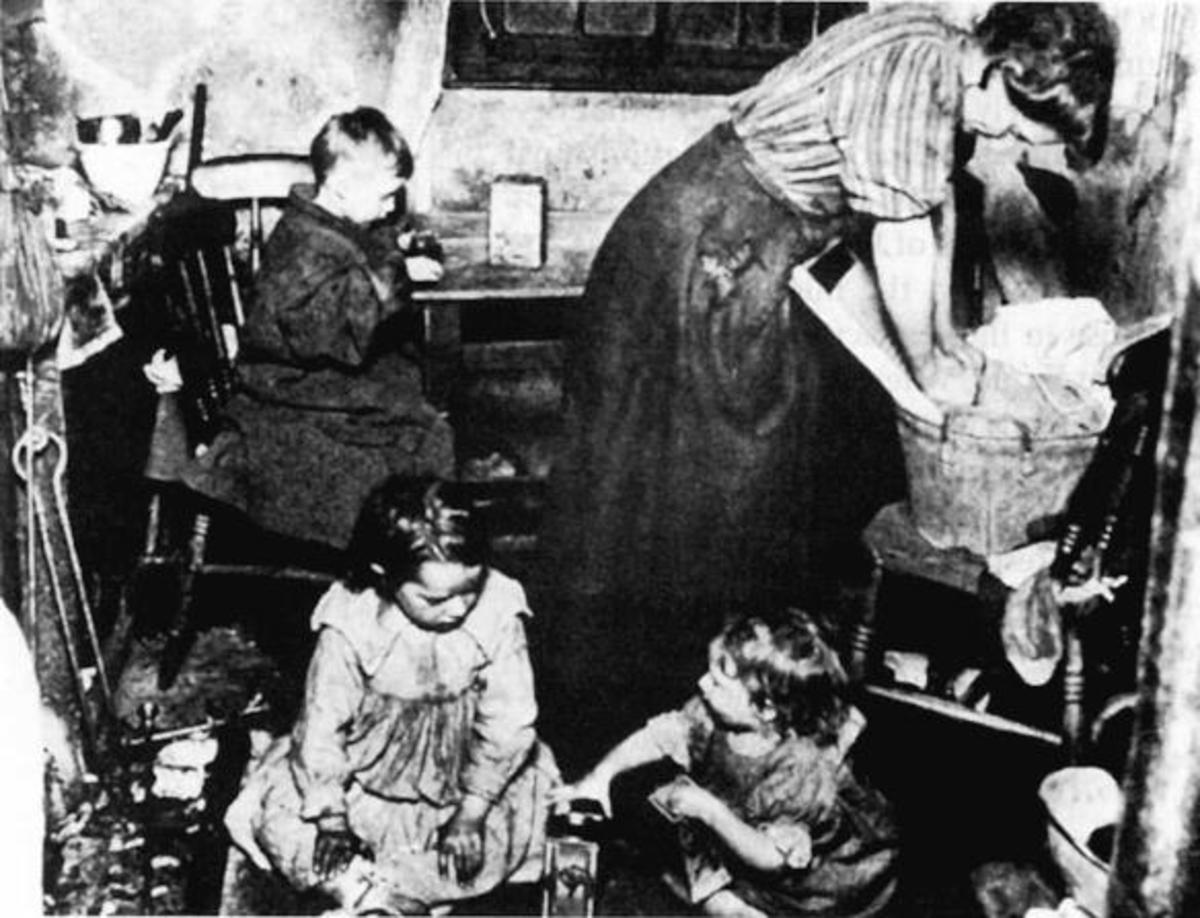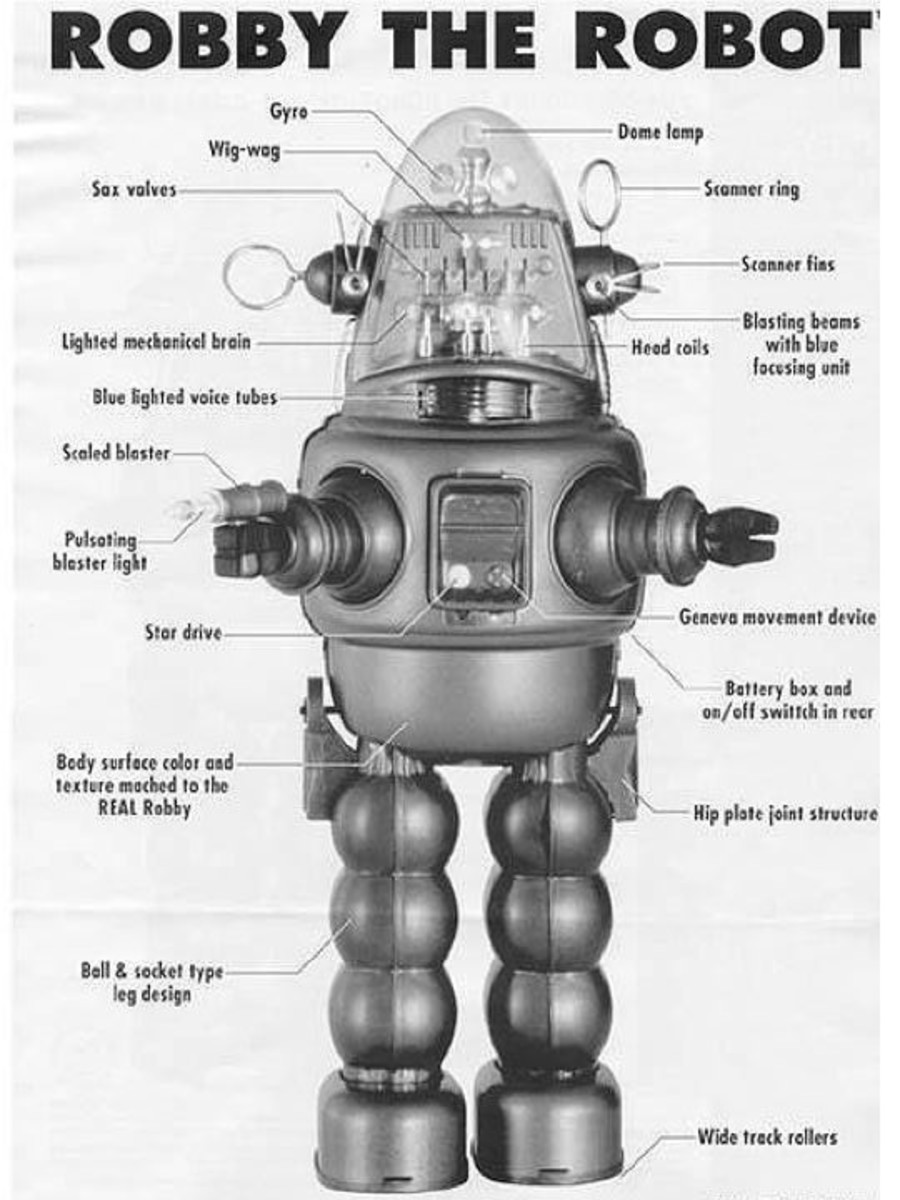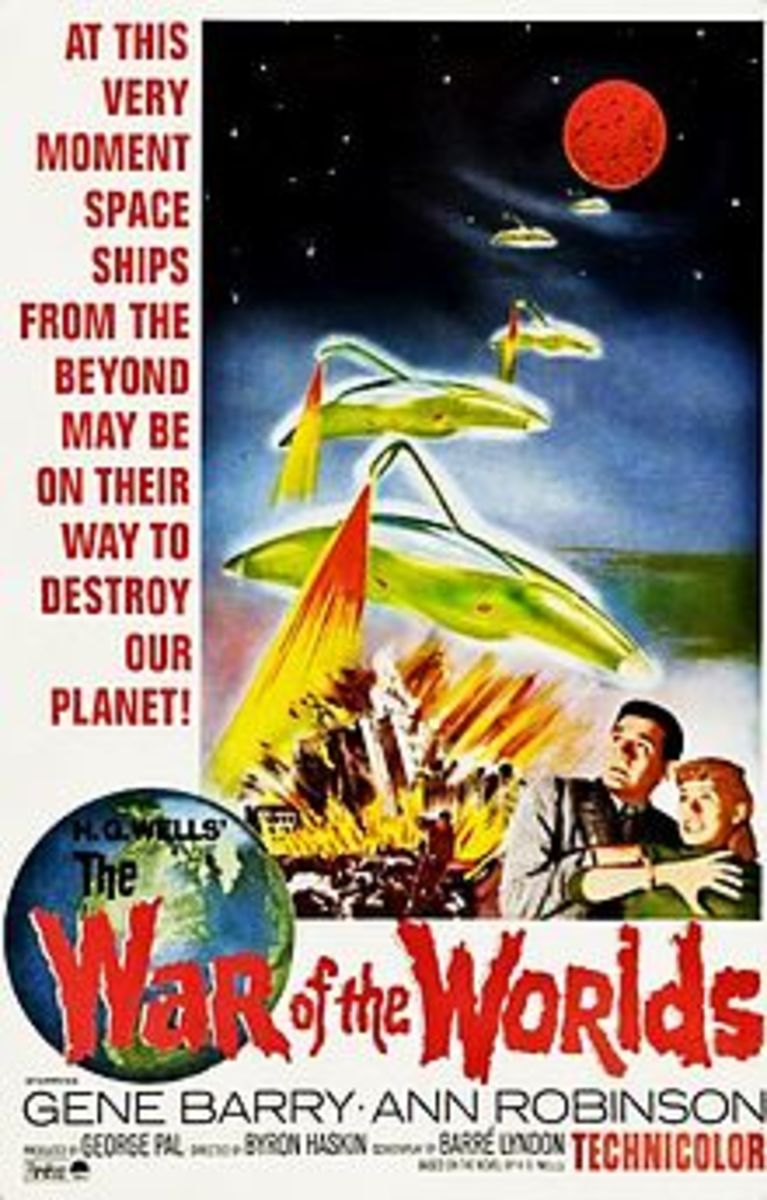- HubPages»
- Entertainment and Media»
- Movies & Movie Reviews»
- Science Fiction & Fantasy Films
The Road Warrior and the End of the Industrial Revolution, the Civil Society and the Natural World
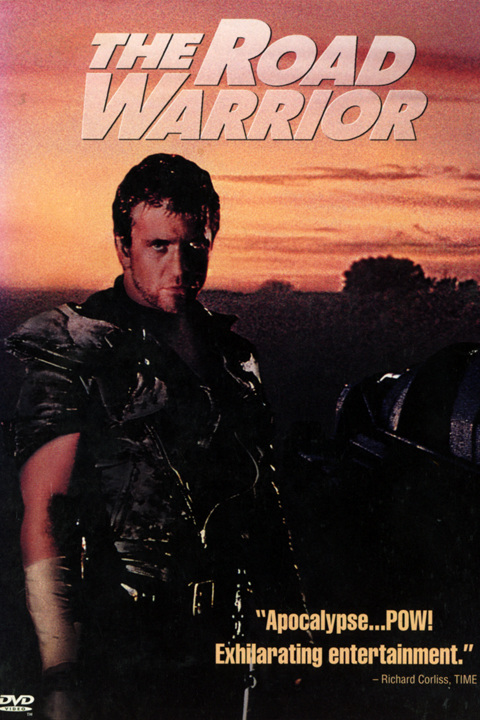
The traveled roads lead only to a chaotic wasteland of little more than a home to man's inhumanity to man.
Science-fiction embraces a bleak vision of the future. Totalitarianism frequently serves as the linchpin for order in society, but oppressive regimes might not be the worst possible futures. A repressive society maintains some stability, albeit one that crushes the human spirit. Hope may come from the human desire for freedom, and the belief overthrowing the repressive regime remains possible. When no society exists, and the world reverts to lawless chaos, the human spirit faces a more difficult task: establishing community and maintaining it.
The effort proves worthwhile, but no one said doing so comes without heavy burdens. The lawless post-apocalyptic world of The Road Warrior (1981) certainly offers no easy path to establishing a new, lawful society.
Anyone able to dig out old books from whatever library remains standing might find a roadmap to conceptualize the plan.
In the 17th century, John Locke articulated the civil society concept, a world where people came together to live under a just government that sought to maintain the individual's inalienable rights. The construct of society would be a more orderly and protective construct than living in a world of nature.
Many face the current economic landscape in the modern world might have them believing future dystopia is not precisely something found solely in the future.
The Civil Society No More
The world depicted in The Road Warrior reflects an existence where civil society long ago vanished. In a sense, the surviving populace reverted to a cruel nature, but the truth is, the natural world also ceased to exist either. "Nature" suffered irreversible destruction in the aftermath of nuclear and chemical warfare.
Whether intentional or not on the part of director George Miller, The Road Warrior's dystopia casts the civil society into many forgotten philosophical theories of the past. For those survivors who remember the established order, liberties, and freedoms of civil society, the anguish proves even worse. They know how better things were while realizing there's no return to the past.
Such mental anguish takes its toll, and we see the toll personified in the misanthropic hero, Mad Max.
The Road Warrior is, of course, the sequel to Mad Max (1979). The world existing in The Road Warrior looks even worst than the one in the original film. As bad as the decayed society of Mad Max was, what exists in The Road Warrior is a hundredfold worse.
Society on the Edge: Mad Max
The world of Mad Max was a loathsome one that was reeling from the recent effects of societal collapse. The police force does its best to honorable protect the citizenry, but they can do very little to stop roving gangs of criminals preying upon the weak.
What keeps Mad Max from succumbing to total bleakness was the air of hope. The civil society has not entirely collapsed because survivors were not too many generations removed from normalcy. They still retain the basic moral grounding of the society that had born them. Unfortunately, society heads to complete collapse. The problem for many is they do not want to accept this fact. They continue with their existence, ignorant of what soon comes. Or perhaps, the problem is not so much ignorance as much as it is willful blindness.
The relationship between Max and his wife and child is symbolic of attempting to hold on to the precious vestiges of a civil, compassionate world. When the wife and child are murdered, Max goes insane. Again, the symbolism is hard to miss. Society collapses, and all rules of law are gone just as Max's mental state dies along with his family.
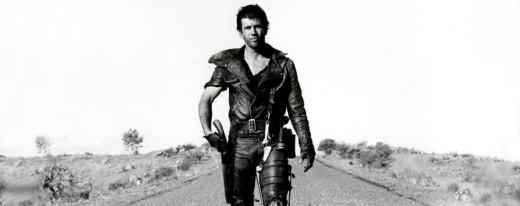
The Road Warrior and the Energy Crisis During the End of Days
When we jump ahead to the world of The Road Warrior, the last remnants of the civil society appear long gone. Law, order, or societal structure come off as relics closing in on becoming forgotten. Replacing order is nomadic anarchy. The world throws back to a non-structure long gone from the earth for thousands of years. Ironically, it is the modern automobile and the mobility it provides allowing survivors to hold onto the past. The displaced transportation machine continues to age and, ironically, becomes futuristic as deindustrialization occurs.
Holding onto the past manifests in the symbolism of Max surviving by traveling roads scavenging for gasoline. On his journeys, he eventually discovers a strange colony in the middle of the wasteland.
Fuel, another creature from the past, reveals other troubles.
Cars run on gasoline, and there are no sources. Once gasoline supplies deplete, cars lose their purpose. The total deindustrialization of society then concludes. Within this vast wasteland, a colony has emerged and takes over a lost oil drill site and refinery. They can make gasoline and may be able to make enough to fuel their vehicles to handle the 2,000-mile trek to the coastline. The goal of this colony is, essentially, to travel from dystopia to utopia
Unfortunately, a brutal gang lead by the horribly disfigured Lord Humongous seeks to steal the gasoline and kill all those in the colony. Lord Humongous and his crew are the wayward brutarians that emerge in the collapse of the civil society. They symbolize a devolution to the animal nature of humans before civilization. While they wish to maintain access to the industrial age's gasoline, they are humans devolving to pre-Cro-Magnon levels.
One of the more interesting subtextual touches the film goes unnoticed is that the only two characters with firearms are Lord Humongous and Max. They do not exactly have high powered weaponry either. Max has an old double-barreled shotgun, and Lord Humongous uses an old-school revolver. These may be leftovers from their previous jobs as Max was a police officer, and hints suggest Humongous was a military person scared by WMDs. The other characters make do with crossbows and bows and arrows. Humanity has not relied on these as their only weapons in hundreds upon hundreds of years, and the fact these two are the only ones with such weapons further notes the decline of society from an industrial one.
Nowhere to Go After Industrialization Ends
The problem here is in our historical timeline; society evolved from being agrarian centric to industrialized. There is no agriculture to speak of in the wastelands of a post-apocalyptic world. Once total industrialization is gone, all is lost because very little in nature capable of sustaining life. Ironically, the industrial development of chemical and nuclear weapons was the source of all the devastation and the end of the natural world.
Is there any environmental message here? The film reflects a metaphor for alternative energy, which eliminates a need for the gasoline so many fights over. Conversely, the film maintains a parallel pro-fossil fuel conviction since gasoline enables an escape from the wasteland and venture to the coast.
In reality, there is no message other than you have to accept what is. Those that have survived in the world of The Road Warrior, both protagonists and antagonists, are scavengers. They must make use of what is available to them to survive. If a metaphor does exist, search for its presence in the struggle between humanity and inhumanity.
The Decline of Humanity in the Wasteland
The loss of industry, civil society, and the natural world begets a loss of humanity in the survivors. The protagonists in the refining colony hold onto their humanity. The antagonist Marauders long since lost theirs. Max lost much of his humanity but still retains a code of honor and a sense of moral grounding. Are the traits holdovers from his stable family life and structured law enforcement career?
Max may even be rejecting the hopes of finding a new civil society in the colony because, to him, such a society no longer exists and won't exist again. Max has become jaded and misanthropic in the aftermath of the first film. The wasteland's dangerous life has made him more distrustful, and to an extent, his refusal to join a union with the colony shows a fear of getting too close to other people. Having lost his family and comrades in the original film, he prefers to keep his distance and remain a loner. One of the reasons this film has achieved such cult status over the years is that this psychological profile fits many of the loner types that find appealing films appealing. He eventually realizes humanity can survive in the wasteland, although very little else can.
The one thing that truly can survive at the end of the world would be a loner who rejects it. Such a loner, after all, has nothing to really miss. He has turned his back on society, and when society collapses, he exists in his own temporal state of nature.
The one entity capable of surviving the world's end would be a loner who rejects it. Such a loner, after all, has nothing to miss. He has turned his back on society, and when society collapses, the loner exists in his temporal state of nature.
UPDATE: The trailer for the new Mad Max film, "Fury Road" has just been released. The events in "Fury Road" take place in between the first and second films. Those interested in looking at how society collapses gain an insight into the events.
SECOND UPDATE: Tom Hardy has signed to agree to (up to) three more Mad Max films.
THIRD UPDATE: Warner is trying to decide which one of two screenplays will be used first for the next film.

